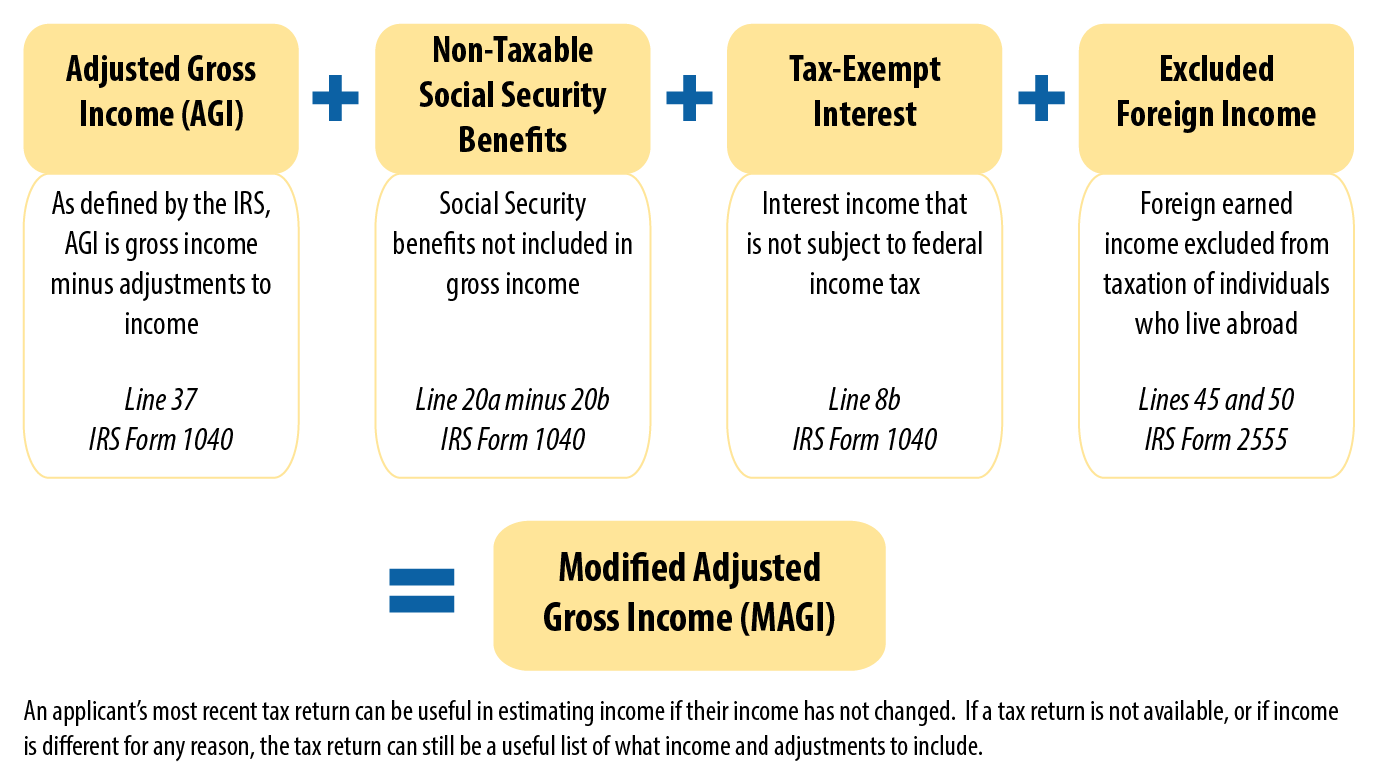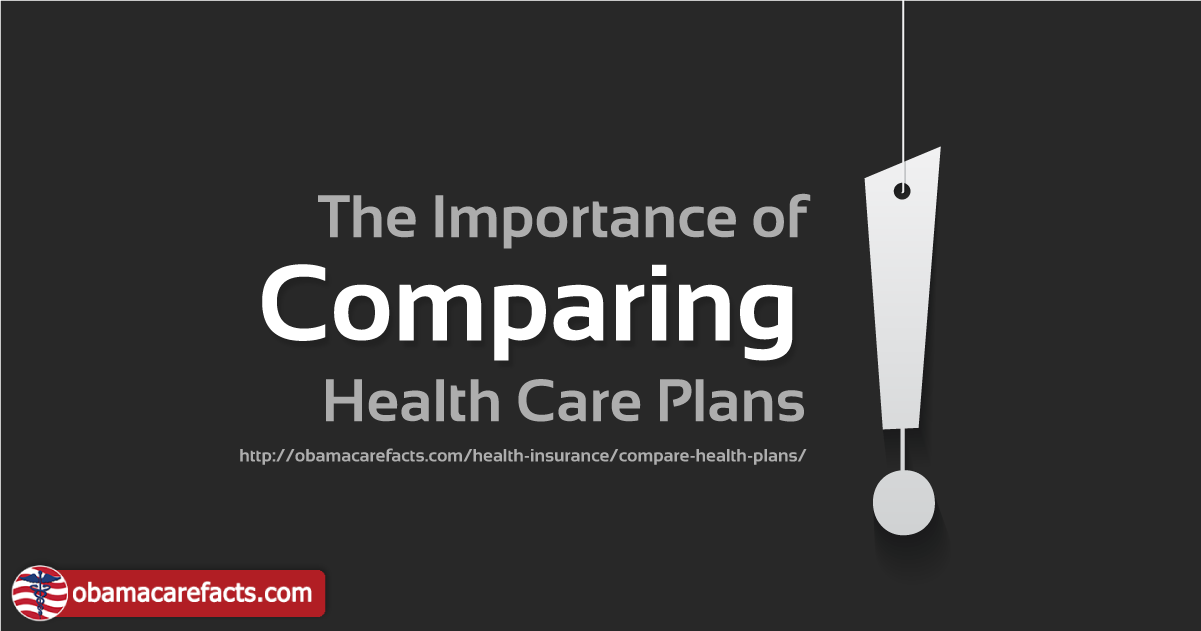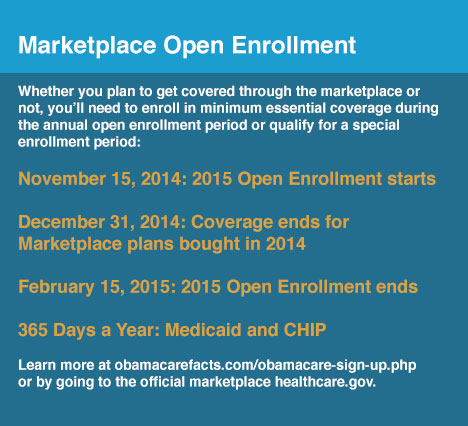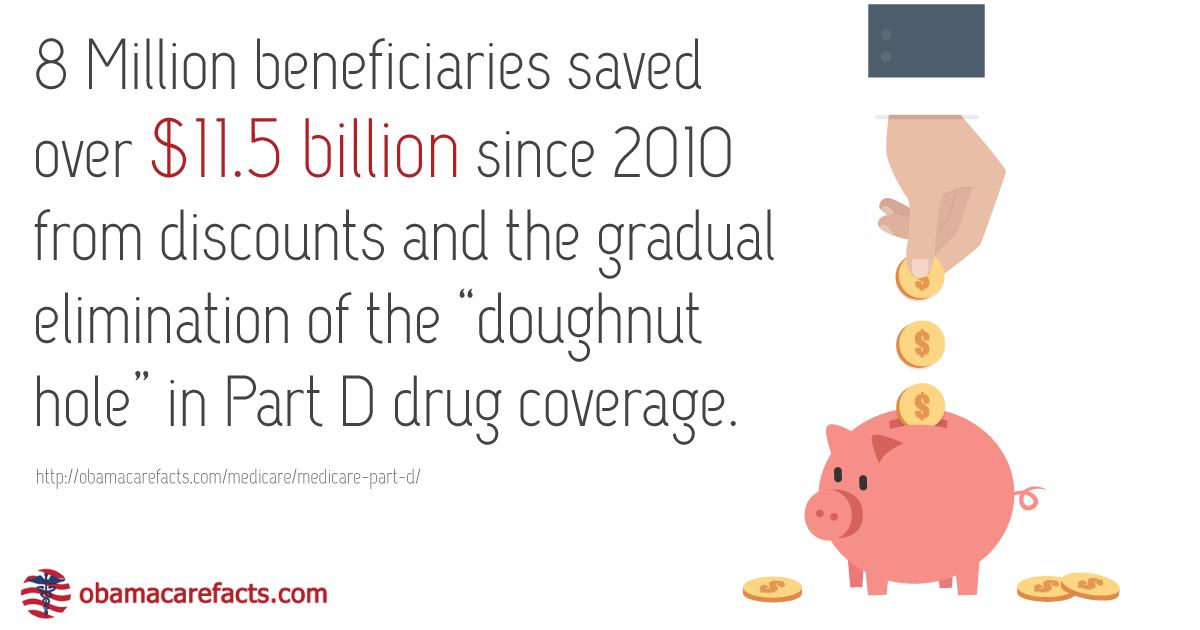Save American Workers Act Facts







The Save American Workers Act changes the definition of full-time workers so fewer employers have to comply with ObamaCare’s employer mandate. Let’s take a look at the legislation, why it was passed in the House, why it won’t pass the Presidents desk, what effects it has, data on part-time hours and job loss, and some alternatives… Read More




